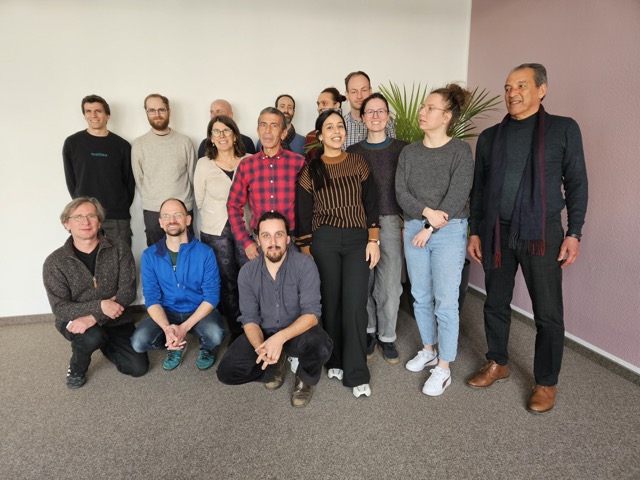From the 13th to 15th March 2024, the LeipzigLab conducted an international workshop that linked ongoing research activities at the North African Saharan desert margin on climate and environmental changes with emerging fields on the reconstruction of historical biodiversity. Following an invitation by Christoph Zielhofer, who is a LeipzigLab member and physical geographer at Leipzig University, approaches from humanities and sciences on historical biodiversity have been presented and critically discussed. This included historical and archaeological records, isotopic analyses, the application of biomarkers, sedimentary DNA approaches, microfossil analyses as well as pollution and past fire-regime records.
Researchers from Leipzig University, Cadi Ayyad University in Marrakech, Institut National des Sciences del ’Archéologie et du Patrimoine (Rabat), Iceland University, University of Manchester, Lyon, Göttingen, Potsdam and Jena Universities as well as from the Max Planck Institutes for Evolutionary Anthropology (Leipzig) and Chemistry (Mainz) has been involved in the meeting.































































